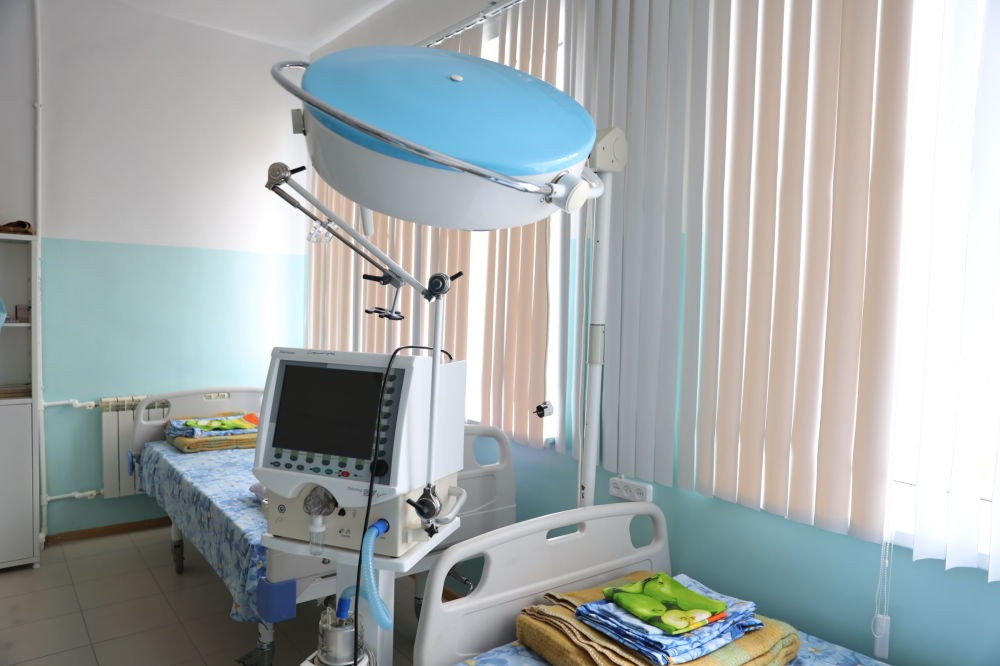
After over two months of efforts to ward off the spread of COVID-19 in the region — first from Georgia-controlled territory and later from Russia — South Ossetian authorities have confirmed the region’s first three cases.
On 6 May, the South Ossetian state-owned news agency RES reported that a man who had entered the region from Russia on 30 April had tested positive for the novel coronavirus.
RES quoted local Chief Medical Officer Marina Kochiyeva who said that upon entering South Ossetia, the man had been put in quarantine and was tested after exhibiting a fever.
‘The man has been isolated in the Infectious Diseases Hospital’, Kochiyeva said, adding that everyone who came in contact with him has also been isolated.
Several hours later, Kochiyeva’s deputy, Anna Gagloyeva, identified the patient as a 14-year-old boy who was a student at the North Caucasus Suvorovskoe Military School in Vladikavkaz.
Gagloyeva also confirmed two more cases, a woman and her 6-year-old son who she said had travelled to North Ossetia ‘for other medical conditions’ and tested positive upon their return to South Ossetia’s southern Akhalgori (Leningor) District yesterday. Gagloyeva said they were asymptomatic and had been quarantined.
‘Proceed according to our capabilities’
‘This imposes even greater responsibility on us to prevent a widespread outbreak’, South Ossetian President Anatoly Bibilov was quoted as saying during a meeting of the counter-coronavirus operational taskforce in Tskhinvali (Tskhinval).
Bibilov reportedly noted that ‘there was a lot of people’ wishing to return to South Ossetia but they had avoided an outbreak developing for two months thanks to measures undertaken previously. He urged his officials to continue to stick to the measures.
‘Proceed according to our capabilities. This is about public safety’, Bibilov was quoted saying.
Current anti-coronavirus regulations in South Ossetia oblige residents returning to the region to spend two weeks in isolation ‘under observation’.
According to local authorities, they are currently in the midst of receiving South Ossetian students from Russia. The students have been sent home from military universities in Moscow, Ryazan, and Saint Petersburg.
South Ossetia has reportedly received 70 students so far and expects an additional 90 to arrive on Wednesday.
Measures against the virus
Last week, the South Ossetian President voiced cautious optimism and said he was mulling rescinding the stay-at-home orders next month and considering 12 May as a tentative ‘first working day’ provided nothing changed in the region’s epidemiological situation.
The authorities cancelled the celebration of the end of World War II in Europe on 9 May, however, on 5 May Russian state-run Sputnik Ossetia reported that Russian volunteers were handing out Saint George ribbons to Tskhinvali residents.
On 24 April, during the previous session of the task force, Anatoly Bibilov assured the public that the pandemic was real.
Reports of Coronavirus-denialism have increased in neighbouring North Ossetia in recent weeks, with an anti-lockdown protest taking place in Vladikavkaz in late April.
[Read more: Police clash with anti-stay-at-home protesters in North Ossetia]
One anti-coronavirus measure introduced by South Ossetia was to close the crossing points with Georgia-controlled territory indefinitely on 27 February, following a report of first confirmed COVID-19 infection in Georgia.
Later, on 5 April, the local government ‘fully closed’ the Roki-Nizhny Zaramag crossing with Russia’s North Ossetia, days after North Ossetia confirmed their first two cases.
In late March, the authorities announced the introduction of a ‘quarantine regime’ and began to enforce stricter restrictions on public life than those introduced earlier that month.
For ease of reading, we choose not to use qualifiers such as ‘de facto’, ‘unrecognised’, or ‘partially recognised’ when discussing institutions or political positions within Abkhazia, Nagorno-Karabakh, and South Ossetia. This does not imply a position on their status.







